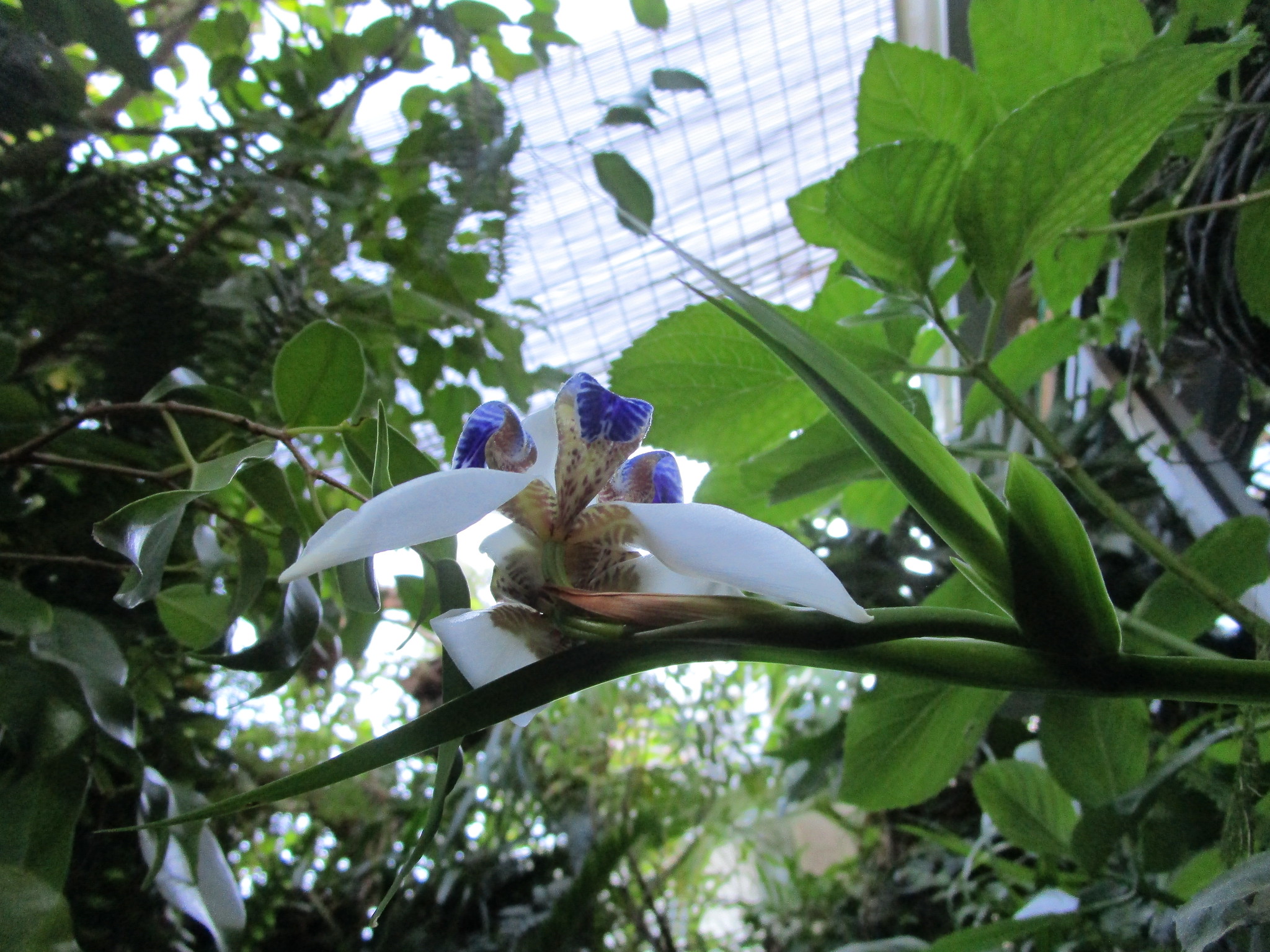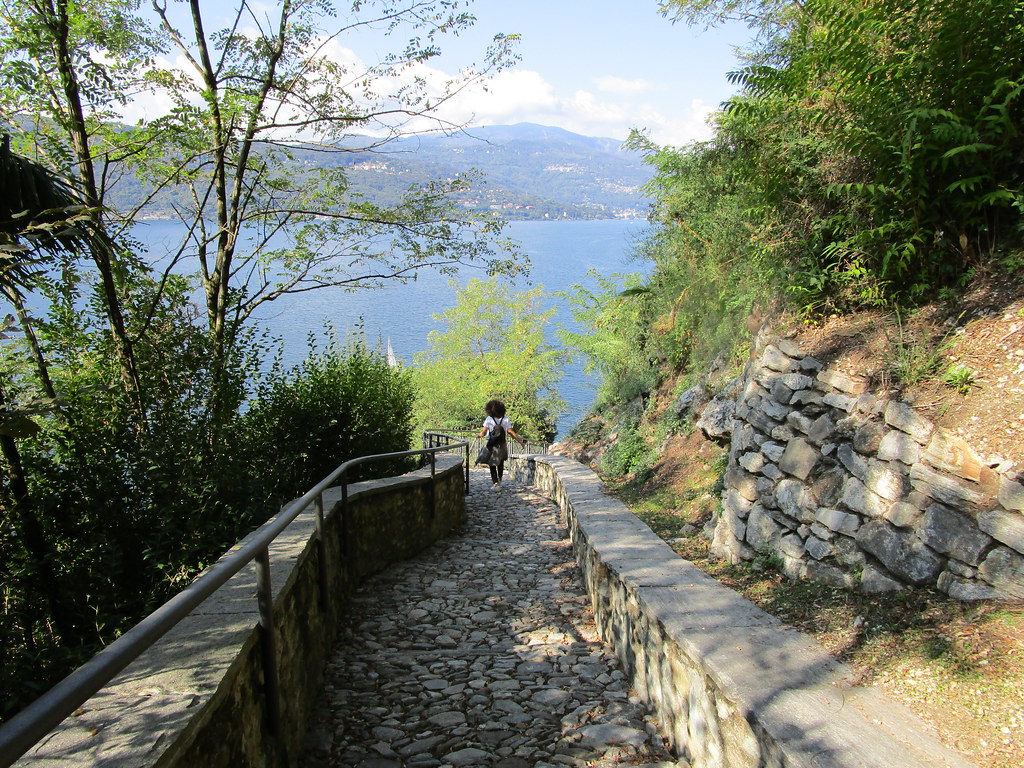"O fermento havia desaparecido do pão da terra. Uma presença de graciosidade, alegria e liberdade, uma fonte de energia eléctrica desvanecera-se. Um gato erguera-se e abandonara a sala." Karen Blixen (2003). África Minha. Público: Coleção Mil Folhas. Image by Monica Pinheiro, license CC BY-NC-SA ( CC )

"The person figured here is not an autonomous, rational actor but an unfolding, shifting biography of culturally and materially specific experiences, relations, and possibilities inflected by each next encounter (...) in uniquely particular ways." (Lucy Suchman, Human-machine reconfigurations: plans and situated actions, 2009, 281)
Jul 8, 2021
Jun 27, 2021
June
Jun 23, 2021
June
What can we do with what we already have? What is the environment giving in abundance that we can use to solve a need or a problem? Knowledge, art, technology, resources, «things»? While we aspire for something else, what can we do with what we have?
Jun 18, 2021
June
Feb 5, 2021
Fevereiro
Fui uma grande entusiasta, no final do século XX e no início do século XXI, de diversas ferramentas, tecnologias e produtos com base na internet. «Gastei» horas infidáveis a pesquisar, a observar, a experimentar, a ler, a aprender e a difundir diversas tecnologias que permitiam aproximar-nos e colaborar com quem estava longe, mas também com quem estava próximo. Para lá do tempo, investi outros recursos pessoais para os explorar, como diversos artefactos, comunicações e dados. Muitas das tecnologias foram sendo discontinuadas e levando com elas todo o investimento feito. Mas apesar dessas perdas, mantinha-me sempre animada para recomeçar a experimentar uma nova tecnologia e voltava a investir mais recursos. Cheguei a dar formação no Laboratório em que trabalhava (foto acima), noutras instituições e associações de profissionais, para que mais pessoas pudessem incorporar aquelas ferramentas em contexto de trabalho, tal como a utilização de blogs no contexto organizacional.
Em 2021, é difícil ignorar a informação que alerta para outros custos muito elevados, mas menos visíveis, na utilização de muitos serviços, produtos ou apps, que assentam na internet, e cujo uso se intensificou. Entre os elevados custos, encontramos o roubo de dados e informação pessoal existentes nos nossos artefactos de informação (portáteis, laptop, telefones, sensores corporais, etc.) através de pishing, malware, trojans, etc, mas também através de utilização abusiva e desporporcional dos nossos dados e informações pessoais, por exemplo para podermos utilizar um equipamento que comprámos ou até para consulta de um mero site de notícias, em que somos obrigandos a prescindir de direitos fundamentais, como o direito à privacidade.
A voracidade e insaciabilidade destes «novos modelos de negócio», alimentados pela nossa informação pessoal e a rastreabilidade dos nossos comportamentos do quotidiano (dentro e fora do espaço internet) e dos restantes equipamentos que fazem parte da nossa ecologia informacional, passou a ser matéria prima para que diversas empresas produzam outros produtos e serviços e os vendam a quem esteja interessado neles e tenha o dinheiro ou poder para os adquirir. Shoshana Zuboff, em The Age of Surveillance Capitalism (2019), apresenta uma descrição e caracterização arrepiante do que está a ser feito, com base numa extensa lista de referências académicas, jornalisticas e conversacionais, que não é possível ignorar após leitura.
Não quero (nem gosto) que os meus dados e a minha informação pessoal (que só a mim devem pertencer), aquela que escolho não partilhar de forma pública, sejam utilizados para quaisquer fins que não aqueles que explicitamente e de forma informada fizer, muito menos para serem utilizados para manipular os meus comportamentos (ou os das pessoas de quem gosto ou com quem possa interagir), por exemplo, mostrando apenas informação que achem (ou que os algoritmos achem) que eu devo ter acesso ou vendendo informação pessoal e privada minha a terceiros para que façam o que lhes apetecer com eles, por exemplo, devassarem a minha vida privada. Não posso pactuar com estes modelos a que chamam de negócio nem com os princípios de atuação. Estas práticas ultrapassam todos os limites do aceitável. Nenhum produto, por tão bom que seja, vale o direito à nossa privacidade e o direito de escolher os pedaços de vida que partilhamos com aqueles que, a cada instante, de forma livre sem coersão, escolhemos partilhar. A tecnologia não obriga a que seja assim. As pessoas que desenham essas tecnologias é que fazem com que seja obrigatória.
Por ora, só posso fazer o que tenho ao meu alcance, ainda que represente perdas e custos de diversa ordem, mas estou de forma progressiva a recusar aceder a páginas que me obriguem a aceitar a perda de direitos básicos, de forma desporporcionada para o benefício que possa ter e gradualmente estou a deixar de utilizar outros espaços que eram de encontro com amigos e outras pessoas que gostava de ir acompanhando, mas que me obriguem a abdicar destes direitos fundamentais. Dei início a esta marcha o ano passado com o Facebook (deixando de utilizar, mas com dificuldade em eliminar o que lá está, dadas as políticas que têm em vigor). Recentemente desinstalei o browser que vinha usando, não tendo a certeza de ter conseguido remover todas as suas componentes.
Tomei também a resolução de deixar de recomendar, na esfera profissional e privada, todos os produtos/serviços/instituições que, mesmo que sejam muito interessantes/úteis/etc, enveredem pelas mesmas práticas lesivas de direitos fundamentais e de forma abusiva, previligiando aqueles que ofereçam opções de utilização que não sejam lesivas nem façam abdicar de direitos fundamentais consagrados, pelo menos em Portugal e na União Europeia.
Quero acreditar, que o Blogger e o Blogspot continuam a oferecer condições de utilização mutuamente benéficas, dentro de limites razoáveis, para que possa continuar a investir o meu tempo e outros recursos na criação de conteúdos de acesso livre, sem retorno para os meus investimentos, a não ser poder partilhar o que escolho, de forma livre e voluntária e cujo acesso torno público.
Image by Monica Pinheiro, license CC BY-NC-SA (CC).
2021 11 14 note: See comments on rights conceded by Portuguese law in https://www.panelfit.eu/wp-content/uploads/2021/09/Portugal.pdf
Jan 3, 2021
January
Dec 21, 2020
December
“(…) she no longer felt she was there simply to serve the dreams of other people. She no longer felt like she had to find sole fulfilment as some imaginary perfect daughter or sister or partner or wife or mother or employee or anything other than a human being, orbiting her own purpose, and answerable to herself. (…) she was alive, when she had so nearly been dead.” Matt Haig (2020). The Midnight Library. Image by Monica Pinheiro, license CC BY-NC-SA (CC).
Dec 7, 2020
December
Jun 28, 2020
June
May 5, 2020
May

Feb 1, 2020
February
May 15, 2019
Flourishing
May 6, 2019
May

Sep 3, 2018
September
Are full of trees and changing leaves."
in To The Lighthouse, Virginia Woolf.

















